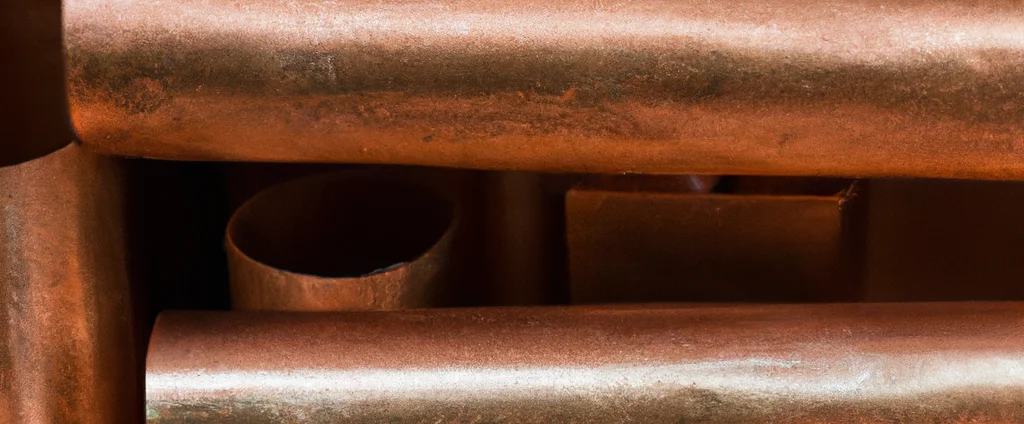Aluminium Bronze (UNS C61400)

Aluminium bronze C61400 is a high-performance copper alloy renowned for its exceptional strength, corrosion resistance, and wear resistance. These properties make it an ideal choice for a wide range of industrial applications.
| Chemical Composition | ||
|---|---|---|
| Element | Min | Max |
| Copper | 88.0% | 92.5% |
| Aluminum | 6.0% | 8.0% |
| Iron | 1.5% | 3.5% |
| Lead | —— | 0.01% |
| Manganese | —— | 1.0% |
| Phosphorus | —— | 0.015% |
| Zinc | —— | 0.2% |
| Residuals | —— | 0.5% |
The following table provides a list of aluminium bronze C61400 properties in both SI and US customary/Imperial units.
Click on the button to switch between Metric and Imperial units.
| Physical Properties | Metric |
|---|---|
| Density | 7890 kg/m3 |
| Mechanical Properties | Metric |
| Tensile Strength | 540 - 570 MPa |
| Yield Strength | 220 - 270 MPa |
| Shear Strength | 370 - 380 MPa |
| Young’s Modulus (E) | 117 GPa |
| Shear Modulus (G) | 44 GPa |
| Elongation at Break | 30 - 60% |
| Poisson’s Ratio (ν) | 0.34 |
| Thermal Properties | Metric |
| Melting Point | 1040 - 1046 °C |
| Thermal Conductivity | 67 W/m·K |
| Specific Heat Capacity (Cp) | 375 J/kg·K |
| Coefficient of Thermal Expansion (αL) | 1.62×10-5 1/°C |
| Electrical Properties | Metric |
| Electrical Conductivity | 8.12×107 S/m |
| Electrical Resistivity | 1.23×10-7 Ω·m |
The values in this table are approximate and can vary depending on various factors such as the specific manufacturing process and heat treatment applied to the alloy.
Advantages & Disadvantages of Aluminium Bronze C61400
| Advantages | Disadvantages |
|---|---|
| Excellent corrosion resistance | High cost |
| High strength | Machinability |
| Wear resistance | Limited availability |
| Resistance to dezincification | Sensitivity to certain environments |
Applications of Aluminium Bronze C61400
Aluminium Bronze C61400 is a versatile alloy that finds numerous applications across various industries, including:
- Marine equipment: Due to its excellent corrosion resistance in seawater and resistance to biofouling, it is commonly used in marine applications such as propellers, ship components, valves, pumps, and underwater fittings.
- Aerospace industry: The high strength and corrosion resistance make it suitable for aerospace applications. Common uses include components like landing gear bushings, bearings, and helicopter rotor hubs.
- Oil and gas industry: Widely used for components exposed to corrosive environments, such as valves, pumps, connectors, and offshore platform equipment.
- Bearings and bushings: The combination of high strength and good wear resistance makes it suitable for bearings and bushings subjected to heavy loads and abrasive conditions. Common applications include industrial machinery, automotive components, and construction equipment.
- Electrical connectors: The excellent electrical conductivity makes it suitable for electrical connectors and terminals, especially in applications where both electrical conductivity and corrosion resistance are required.
- Heat exchangers: Good thermal conductivity and corrosion resistance make it suitable for heat exchangers used in various industries, including power generation, chemical processing, and HVAC systems.
- Valve components: The corrosion resistance and excellent machinability make it a preferred choice for valve components, including valve bodies, stems, and seats.
